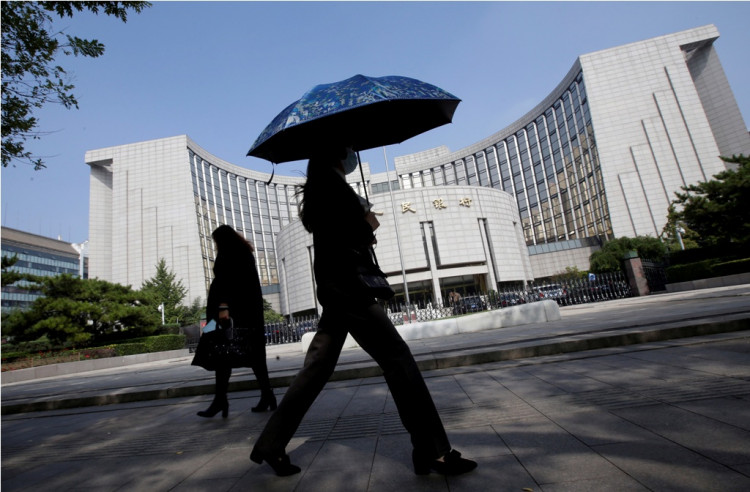The People's Bank of China (PBOC) appears to have discovered a new way to help its economy move forward amid a slowdown - new policies focused on interest rates and lending.
According to CNBC, China's central bank set its prime rates lower with the one-year loan set at 4.25 percent and the five-year loan prime rate at 4.58 percent. Previously, the prime rates were at 4.31 percent and 4.9 percent respectively.
The loan prime rate (LPR) is the interest rates that banks in China charge customers who have good credit standing and are worthy of trust. Financial experts noted that a lower LPR will allow for more affordable borrowing costs to those who need funding.
Some of the new policies go beyond just lowering the LPR to help boost the economy. The LPR will now be set every 20th of the month. Before the monetary policies revamp, there the LPR was set daily.
The PBOC has also been encouraging commercial lenders to not use the lending rate in the meantime - while the economy recovers and liquidity figures improve. Instead, commercial lenders should use the LPR so borrowing parties won't have a hard time getting their funding assistance released.
While some financial analysts suggested that lowering interest rates will not really have a huge impact on China's slowing economy, other experts said the move is a good show of courage and grit from the world's second-largest economy.
Singaporean United Overseas Bank analysts said earlier this week that the move of lowering costs for borrowers came "at an important time." China is embroiled in a trade war with the United States and both sides refuse to back down.
On Tuesday, U.S. President Donald Trump acknowledged that his trade war with China may be hurting his country now but there are long-term benefits that go with it, the Associated Press reported.
He also dismissed talks about a potential recession for the U.S. economy and insisted that China is suffering from his trade policies more than the United States is.
Meanwhile, China remains focused on ensuring that it is doing what should be done to stimulate the economy. Some banking and finance experts noted that there is still a lot of room for stimulus at this point.
While some suggested that a trade deal with the U.S. will most likely be the biggest and most significant turnaround in the history of a supposed global recession, other experts indicated that China can still take care of its own economic issues.
Further lowering loan rates if needed is another move that the PBOC is expected to take if the economic slowdown persists, analysts said.





